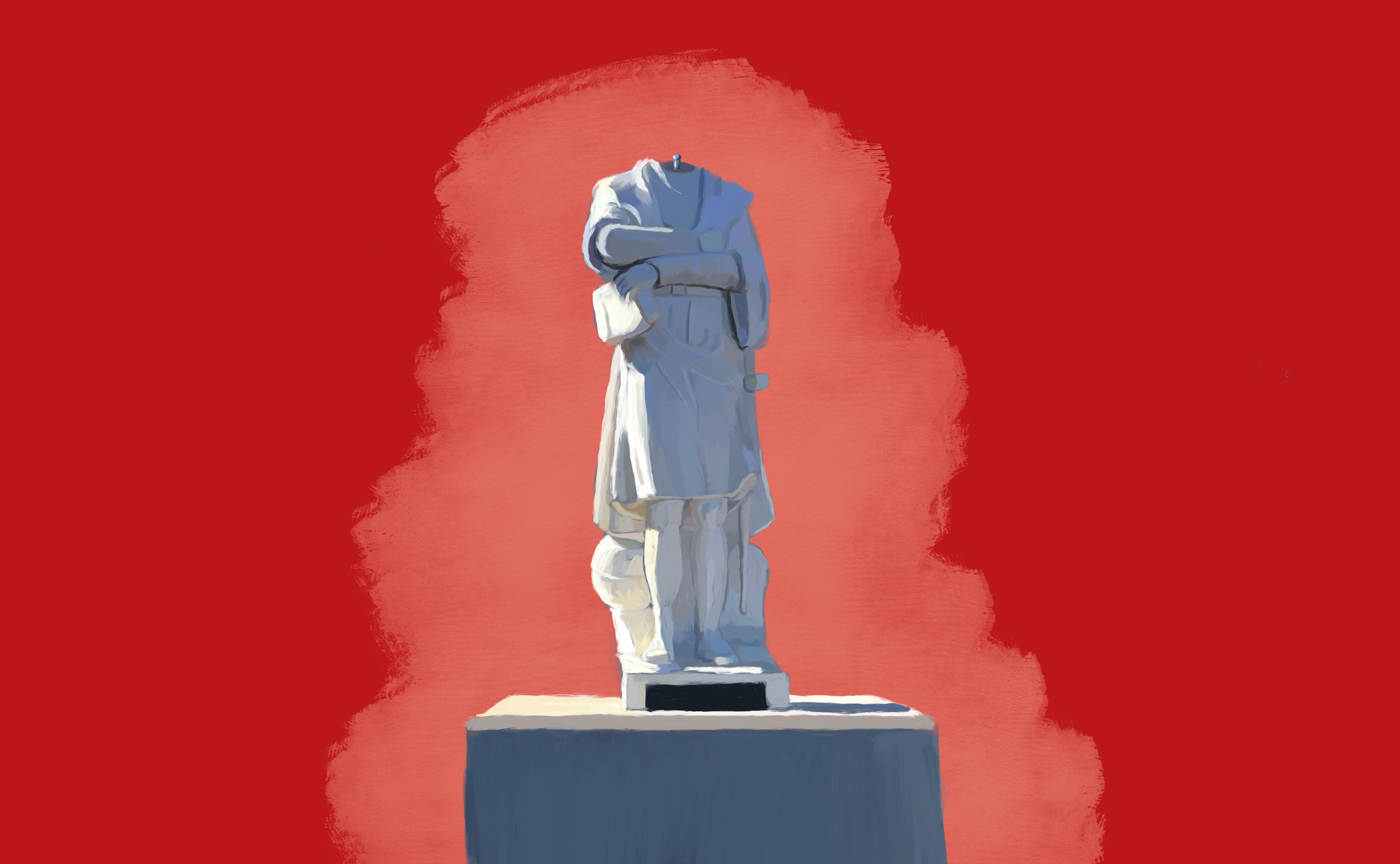Archives
A Lost Institution in #VastEarlyAmerica
Slave courts pervaded colonial society. British settlers founded the first ones in Barbados in 1661 to judicially regulate enslaved Africans. By the mid-eighteenth century, this institution operated in nearly every British colony, and each individual parish or county had its own court. Manned by two to three Justices of the Peace along with a small group of elite planters, in this court the convicted possessed no right of appeal. From trying petty theft to executing accused murderers, these courts had absolute jurisdiction to try, convict, and execute alleged enslaved criminals. Once sentenced to die, court officials examined and evaluated enslaved people to compensate enslavers for their executed property. If the compensation amount did not suit the enslaver, they could petition to transport the slave out of the colony instead and sell them for a potentially higher price on the Atlantic market. The sentence of transportation allowed colonial authorities to reshuffle labor that was meant to be destroyed but was often too valuable to do so. In both the American South and the Caribbean islands, these courts remained in operation until emancipation in the nineteenth century.

